Maths riddles are not only a great way to keep kids mentally active, they also boost their critical thinking skills. They help kids think outside the box, which can improve their overall performance in school and later in life.
Maths Riddles For Kids
Children often say that they don’t like math, but solving maths riddles can make them fall in love with the subject. These brain teasers are a great way to cheer up your child before homework or math classes.
They keep kids mentally active – Maths Riddles For Kids
Riddles are a great way to keep kids mentally active, and they’re also fun for adults to solve with their kids. They help them develop problem-solving skills and logical reasoning, which are important for learning math.
They also build grit, which helps children persevere when they face challenging tasks. This builds confidence and improves their ability to take positive risks in the future.
Keeping your child mentally active keeps them sharp and ready for the challenges of school. They can tackle difficult math problems without getting frustrated or losing their focus.
These easy and funny maths riddles will test their critical thinking, problem-solving, and reading comprehension skills. They also keep them engaged and laughing, making them an enjoyable activity for any age. Whether your kid is at home, in the classroom, or attending a day camp, these brain teasers are sure to get their attention and make them want to learn more! Try them out with your kids today!
They develop problem-solving skills – Math Riddles For Kids
Maths riddles are a great way to improve kids’ problem-solving skills. They encourage students to take a different approach to the problems they solve and to think of alternative ways of solving them.
They also require students to focus on a single activity and develop concentration capacity. This is important for students who need to learn to concentrate and understand difficult concepts.
Many riddles sound confusing at first, forcing students to think about ways to isolate information or simplify a problem. These skills are helpful in all problem-solving situations and can be developed by practicing them.
Riddles are a fun way to introduce students to the world of mathematics and help them overcome their fear of the subject. They also provide a great way to foster a connection between teachers and students.
They develop critical thinking skills
Maths riddles are a great way to challenge kids’ logical thinking skills. They can also help children develop a passion for math and learn more about the subject.
Math riddles are also a good way to foster problem-solving camaraderie among students. These puzzles encourage teamwork and mental flexibility, two crucial skills that are helpful in solving difficult situations.
Besides, maths riddles are a fun way to challenge your child’s logical thinking skills and improve their critical reading abilities. This is because they are rooted in logic and language, which helps them decode metaphors and allusions.
Riddles are also a good way to teach kids about Roman numerals, which is important for their future academic success. Take this example: How many dogs does a girl have?
They develop language skills – Fun Math Riddles For Kids
Maths riddles are a fun way to keep kids mentally active. They help them develop their logical thinking skills, and they boost their concentration levels as well.
They also develop language skills, which are vital for success in school. Riddles often involve ambiguity and multiple meanings, metaphors, perspective shifts, and homophones, all of which encourage kids to interpret the words and look for hidden answers.
In addition, maths riddles also get kids better aware of metalinguistics, a linguistic ability that helps them understand the nature of language and build critical reading skills.
They also build problem-solving camaraderie, which is important for success in school and life. Maths riddles are a great small-scale team activity that can evolve into larger, more complex projects.
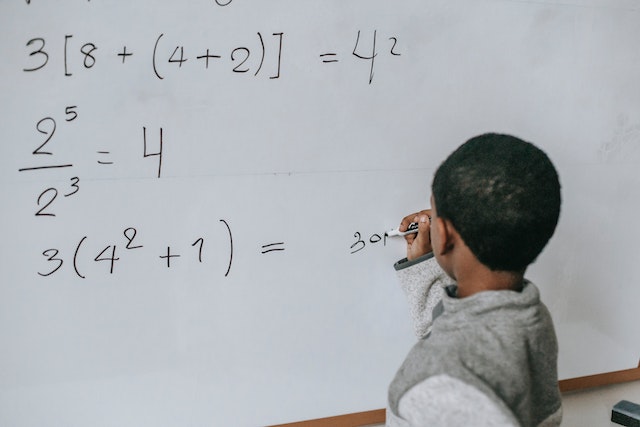



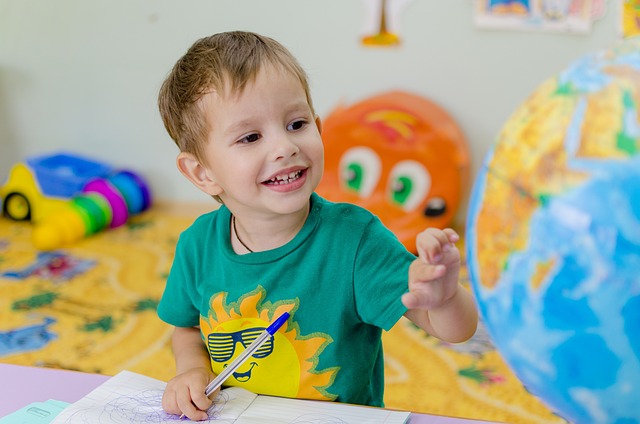
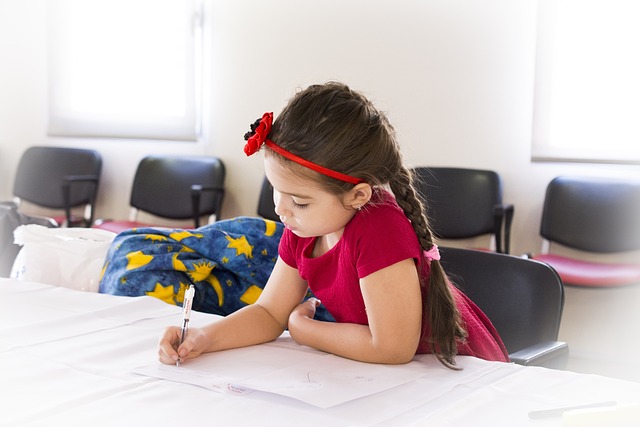
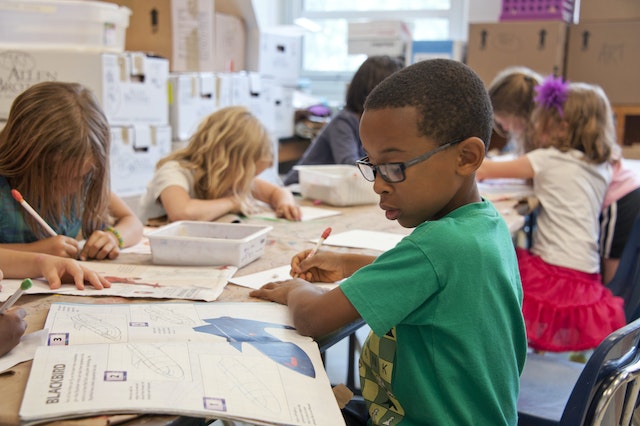


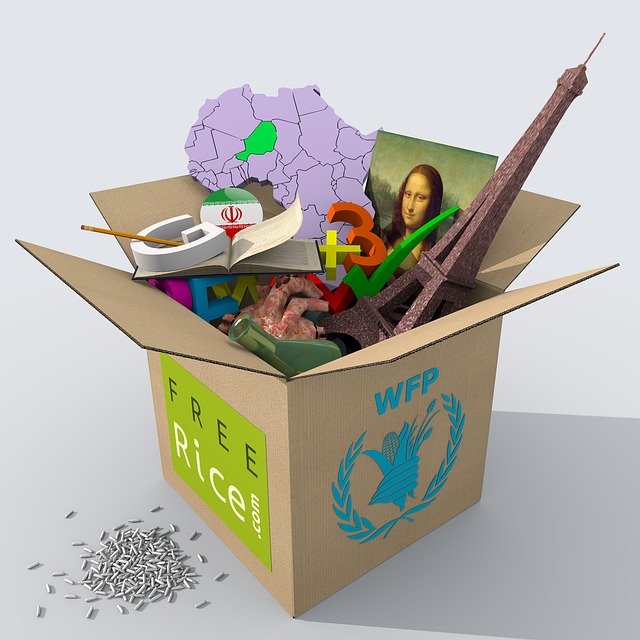

0